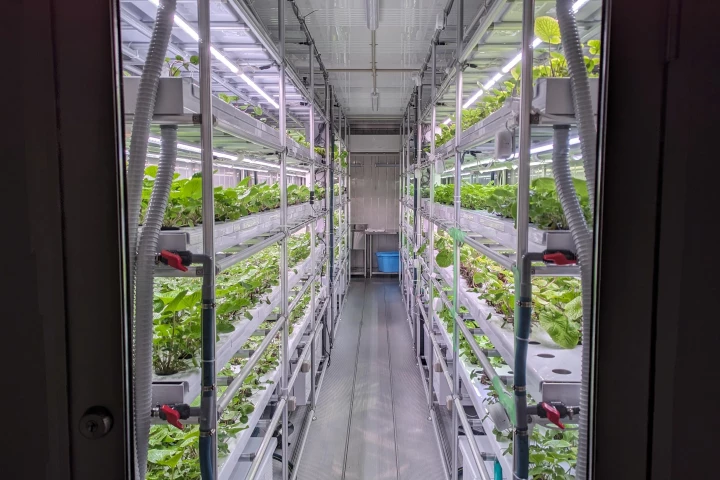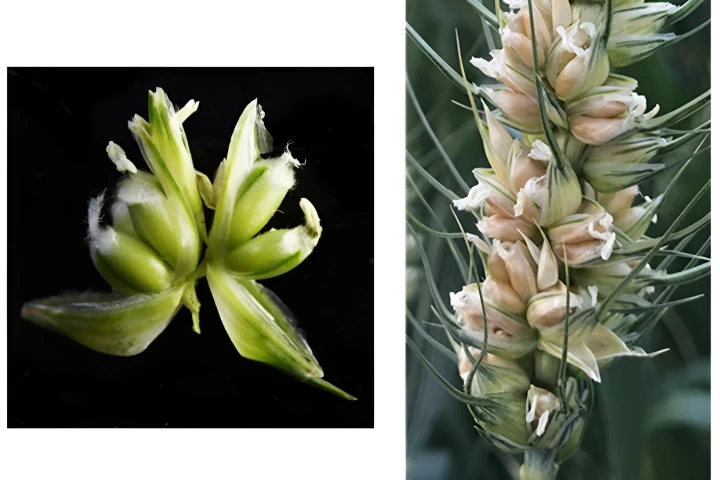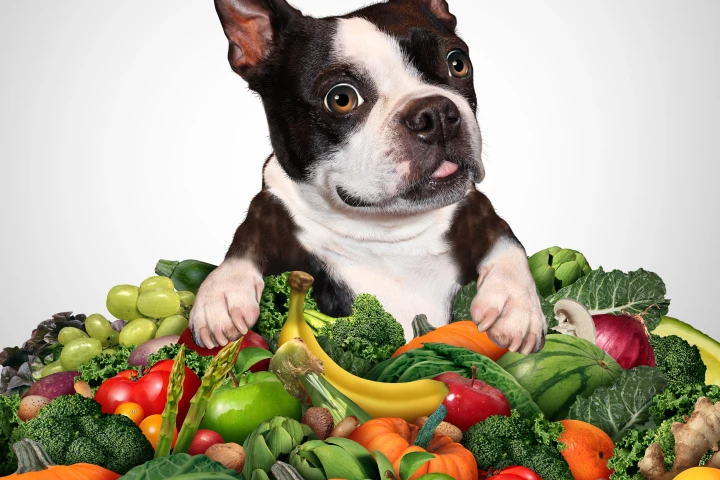Food
-
The iLean-Pan is designed to replace several kitchen pans with a more versatile design. It has an angled bottom that can be heated up to three temperatures in different areas to sauté multiple food ingredients.
-
The rise in popularity of GLP-1 receptor agonist drugs like Ozempic is causing a wider societal shift that is now rocking the food industry. And some are feeling the pain more than others, as people make fundamental changes to their lives and health.
-
Beginning sourdough bakers can lessen their struggles with Crustello, a Kickstarter from American AI tech company Race Box. It takes the stress out of being a helicopter parent of a sourdough starter kit, by modernizing an ancient baking method.
-
In response to the current global cocoa shortage, a research team from the National University of Singapore has developed two innovative processes to improve the taste of carob pulp. The result could be a sustainable chocolate alternative.
-
Japanese agri-tech company Nextage has developed a mobile wasabi growing module that automates cultivation. The device reportedly allows anyone to grow their own crops without the limitations of geography or lack of experience.
-
First Japan wants to make space sake and now China has been roasting New Orleans-style chicken wings and black pepper steaks in a specially made hot-air oven aboard its Tiangong space station, according to China's Global Times state news service.
-
For the first time, scientists have used evidence-based research to rewrite the advice on what to consume to relieve constipation, doing away with the broad "high-fiber diet" mantra. And one food in particular stands out as being most effective.
-
Imagine if three times as much grain could be obtained from the same amount of wheat plants as is currently possible, using the same amount of land, water and fertilizer. Well, that could soon be possible, thanks to a new genetic discovery.
-
A study has for the first time homed in on the specific combination of temperature, acidity, and microbes involved in the fermentation process for cocoa beans. They propose an ideal microbial formulation for developing the flavors of fine chocolate.
-
You can forget the “no screens, no exercise, no snacks” bedtime rules that are designed to provide teens with good sleep. New research shows that almost all teens break them – and they still sleep just fine.
-
We know microplastic particles are in the soil our food grows from but is it infiltrating our food chain, or just stirring up trouble at the roots? For the first time scientists have demonstrated how plastic could move from soil to food while it grows.
-
As more people embrace veganism, for health, ethics, or the planet, they're bumping into a furry conundrum: what do you feed your meat-loving dog when you don't eat meat yourself? Does plant-based dog food have the same nutritional value as meat?
Load More











